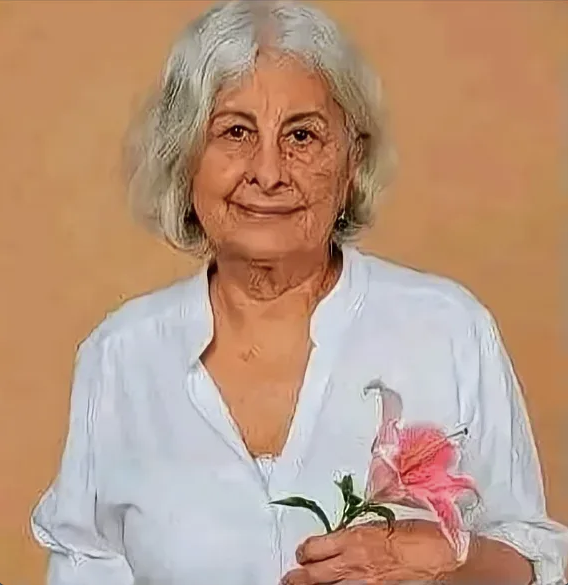
An elderly lady’s husband had recently passed away, and her family had never visited or called while he was alive—always too busy for dinners, holidays, or birthdays.
She decided not to tell them about his death or hold a funeral. “When you realize you’re no longer important to someone, even family, you have to make yourself the priority,” she said.
She sold everything and moved to a small apartment on her own.
An elderly woman’s husband recently passed away. After decades of marriage, she’s suddenly alone. Grieving, processing loss, facing all the logistical and emotional challenges that come with losing your life partner. And during this difficult time, she made a striking discovery—or perhaps confirmed what she’d long suspected.
Her family had never visited or called while he was alive. Not occasionally. Never. They were always too busy for dinners, holidays, or birthdays. Every invitation declined, every holiday spent without family, every birthday passing unacknowledged. Too busy—the eternal excuse that really means “not important enough to prioritize.”
Think about what that means. Years, possibly decades, of being told implicitly that your presence doesn’t matter enough for family to make time. Of hosting holidays alone because children/grandchildren/siblings are “too busy.” Of birthdays passing without calls. Of slow realization that you and your spouse simply don’t rank high enough in anyone’s priority list to warrant visits.
Her husband dies, and she faces a decision: tell family, hold a funeral, go through traditional mourning rituals. And she chooses something radical.
“She decided not to tell them about his death or hold a funeral.” Not because of estrangement or anger, necessarily. But because why? Why tell people who never visited while he was alive? Why hold a funeral for people who were too busy for birthdays? Why perform grief for an audience that never showed up for life?
“When you realize you’re no longer important to someone, even family, you have to make yourself the priority.” That quote is devastating and empowering simultaneously. Devastating because it acknowledges being unimportant to your own family. Empowering because it represents choosing yourself, your wellbeing, your priorities when family won’t.
She sold everything and moved to a small apartment on her own. Complete reset. The home she shared with her husband—filled with memories, possessions accumulated over decades—sold. Downsized to a small apartment. Started over, alone, without informing family who presumably would have expected inheritance, wanted belongings, had opinions about her choices.
This story challenges the narrative that family bonds are automatically strong and meaningful. We’re taught that family is everything, that blood relationships matter most, that you maintain family connections regardless. But this woman discovered her family had disconnected long ago—they just never formalized it. They maintained facade of relationship while never actually showing up.
It’s about the cruelty of “too busy.” We’re all busy. But we make time for people and things that matter. Her family being perpetually too busy for dinners, holidays, birthdays sent clear message: you don’t matter enough for us to make time. That’s rejection disguised as scheduling conflict.
And it’s about agency in elderly years. Society expects elderly people to be passive, grateful for whatever attention family provides, accepting neglect as normal. This woman rejected that. She recognized being deprioritized, decided she deserved better, and restructured her entire life accordingly. Sold everything, moved without telling family, made herself the priority since no one else would.
The photo shows her smiling, holding flowers, looking content. Not bitter or broken, but genuinely at peace. That smile suggests freedom—from expectations that family would show up, from hoping for visits that never came, from performing grief for people who weren’t present for life. She looks like someone who made a hard decision and feels good about it.
Some will criticize her choice. “But they’re family!” “You only get one family!” “What about forgiveness?” But those criticisms come from people who haven’t experienced years of being told they’re not important enough for family visits. Who haven’t spent holidays alone while family is “too busy.” Who haven’t faced their spouse’s death knowing their own family won’t care.
“When you realize you’re no longer important to someone, even family, you have to make yourself the priority.” That’s not selfishness. That’s self-preservation. That’s refusing to beg for attention from people who’ve shown repeatedly they won’t give it. That’s choosing yourself when no one else will.
She sold everything and moved to a small apartment on her own. And by the smile on her face, it looks like it was exactly the right decision.